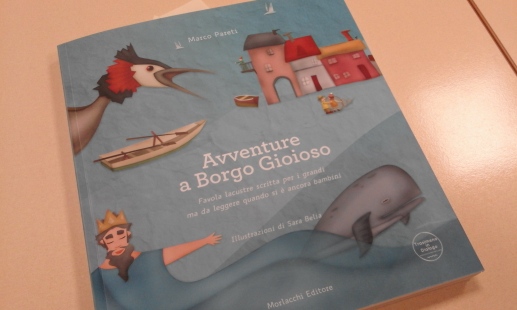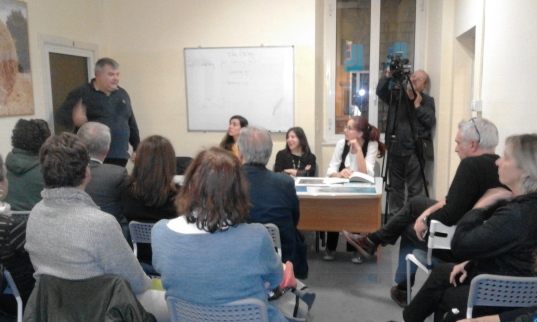The definition of an idiom is, a phrase or expression from which we cannot deduct the exact mean from those specific words. This is particularly unhelpful for those who are learning English as a second language. Like with learning any words or phrases in English, idioms require some memorization and practice. Opposed to your menotinous grammar, however, idoms can be fun! You may also find some idioms have the same meaning in your own language. We use them most often in daily conversation amongst friends or colleagues. Many idioms include humor and are therefore used in casual environments and will gain a laugh in responce. Not only is it enjoyable to find the hidden meanings of idioms, but when using them you are submerging deeper into the English language and culture. Your native English compatriats will be surprised and pleased when you give these idioms a try!
Beat around the bush:
Avoid saying what you mean, usually because it’s uncomfortable.
“Stop beating around the bush, you can tell me anything!”
Better late than never:
It’s better to arrive late than not at all.
“I wasn’t sure if we would see you today, but better late than never!”
Call it a day:
To stop working on something.
“We have been trying for an hour, let’s call it a day!”
Back to the drawing board:
Start something over.
“This plan clearly won’t work, back to the drawing board!”
Break a leg:
To wish good luck in a performance or presentation.
“Break a leg tonight!”
Hang in there:
Don’t give up.
“I know it’s been a long day but, hang in there.”
It’s not rocket science:
It’s not complicated.
“We can do this, it’s not rocket science!”
Make a long story short:
Tell something briefly.
“To make a long story short, this is what happened….”
On the ball:
Doing a good job.
“Wow, she was on the ball in the presentation!”
Pull someone’s leg:
To joke with someone.
“ That’s not true, you’re pulling my leg!”
So far so good:
Things are going well up to now.
“I thought I wouldn’t like it, but so far so good!”
The best of both worlds:
The ideal situation.
“He really does have the best of both worlds.”
Time flies when you’re having fun:
You don’t notice how long something lasts when you enjoy it.
“What a wonderful afternoon, time flies when you’re having fun!”
Under the weather:
Sick.
“I’m feeling under the weather today.”
We’ll cross that bridge when we come to it:
Not wanting to talk about the problem at the moment, or maybe it has not occured yet.
“Let’s not worry about it now, we’ll cross that bridge when we come to it.”
Wrap your head around something:
To try and understand something complicated.
“I am just trying to wrap my head around that possibility.”
Try these idoms with friends and coworkers and enjoy the dive into the English language culture, break a leg!












Recent Comments